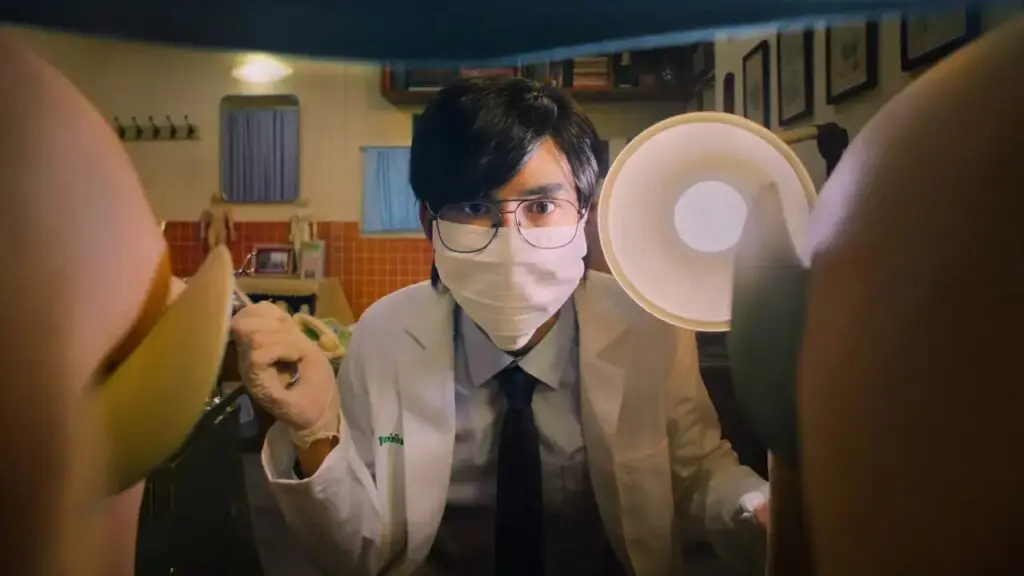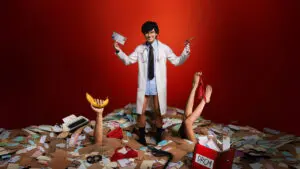Doctor Climax isn’t a true story, but it’s close. Partially inspired by real-life newspaper correspondence, which isn’t entirely surprising when you consider its setting of 1970s Thailand, the Netflix comedy-drama is rooted in a culture of deeply ingrained sexual conservatism, and it was only through revolutionary Q&A columns that dared to answer the taboo questions that the subject became fair game throughout society.
Of course, the series builds a funny and often insightful drama out of the subject, most of which is entirely fictional. But that basis in truth informs a lot of what happens, underpinning concepts like The Climax Question and the kind of resistance it was met with at the time.
The Climax Question Is Based On A Real Q&A Column
The Climax Question is the brainchild of the show’s protagonist, Nat, a wannabe novelist who turns his creative writing aptitude to answering the sex-related questions of a curious newspaper readership.
Because the subject is rarely discussed in polite society, the column is seen as revolutionary, drastically boosting the paper’s sales and thrusting Nat into a position of some notoriety. Everything that stems from that is where the made-for-TV drama lives, but the truth of the matter is in the column itself.
According to the Bangkok Post, a similar column called Sep Som Bo Mi Som, written by Doctor Nopporn, ran on Daily News at the time the show is set and was the country’s most popular such column. This and columns like it were presented to the series’ screenwriter and director, Kongdej Jaturanrasmee, by producer Ekachai Uekrongtham.
Why Was A Newspaper Column Revolutionary?
At the time, sex and relationships were not widely discussed in Thailand, so there were few outlets for people who were curious about the subjects to become properly informed. The country was in political flux and its people were striving to develop their own identities and discover their freedoms, away from the norms that had previously been imposed upon them.
Columns like Sep Som Bo Mi Som allowed readers to anonymously ask the questions they were curious about and get a real answer. In discussing the subjects openly, people could begin to grapple with their own sexual identities, including topics like their own sexuality (which is a matter of some importance in Doctor Climax.)
Doctor Climax Uses Its Concept To Tackle Still-Relevant Social Issues
Doctor Climax might not be based on a true story per se, and we might no longer be in the 70s, but many of its themes are still resonant today.
Many people continue to grapple with their sexuality, and crucially their perception of other people’s sexuality. This is a key component in Nat’s arc and is a powerful exploration of how prejudice is often generational, conferred upon children by their parents.
It’s also undeniable that sex isn’t a topic that is easy to discuss. Many young people learn about the subject through entertainment and social media, which is often irresponsible and sensationalistic in its depictions. Sex education in school arguably starts too late, and in more impoverished working-class areas – like, for instance, the one in which I grew up – the learning has often already begun long before the teaching.
While it’s set in Thailand during a specific period, Doctor Climax is a true story about our understanding of sex, sexuality, and relationships even today. It just so happens to be quite funny, too.
RELATED:




